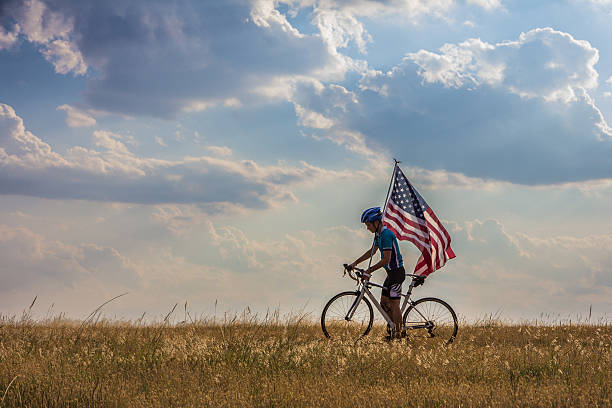Conservatives & Bikes
I am in deep on bicycles.
Sadly, bicycling is a deeply politicized activity.
Is it a form of transportation?
Or an optional form of exercise?
Or is it a luxury activity, for elites who do it for sport?
And worst of all, is it an annoyance that impedes the most popular form of transportation in the US: driving a car.
If you spend time with bicycle advocacy groups then you will notice a common theme:
Advocates for more bicycle infrastructure seem overwhelmingly to self-identify as “liberal”, “Democrat” “progressives”.
It might be “progressive” from the viewpoint of:
- environmentalism (decrease planet-harming emissions from gasoline)
- helping the poor (who cannot bear the cost of cars as easily as the rich)
- improve health outcomes for the community (paternalism)
But for each positive there is a reactionary backlash from “conservatives”:
- trying to prevent gasoline emissions has the effect of inhibiting personal freedoms of mobility (and an established and capitalized industry of cars & gasoline)
- spending money on bike infrastructure is at the expense of zero sum budget and space for “higher throughput” car traffic
- many people cannot and never will ride a bike, so nudging/forcing bike infrastructure rubs this constituency the wrong way (ironically, 30% of Americans cannot drive a car)
There are of course well-reasoned arguments to go in both directions, but I will not re-hash them here.
However I will share this interesting video interview, held by the US-based League of American Bicyclists with Tim Carney, a fellow with the conservative think tank American Enterprise Institute.
The conversation focuses on how pro-bicycle policies can be framed to win the support of American conservatives:
Carney specifically brought a Catholic, pro-natalist perspective to the conversation.
This is just one flavor of American conservative, but it is a flavor that’s being echoed by the current Republican Vice President candidate, JD Vance.
Carney emphasizes that climate change is a relatively un-persuasive argument for conservatives, because it triggers skepticism that individual transportation choices are what causes climate change (or that human-caused climate change is fake).
He also emphasizes a few resonant pros of bicycling as transportation:
- pro-natalism: cars do not scale for families–children bicycling themselves allows parents to grow their families beyond 2 children (2.1 being the population replacement rate)
- builds independence & personal responsibility for youth which is critical for developing individualistic, physically healthy American adults
- allows poor citizens and immigrants to build wealth faster, instead of burdening them or having to offer social welfare programs
Whether you agree with these or not, I think that it is critical to internalize and understand your audience’s viewpoints if you aim to build a big tent for bicycling.
